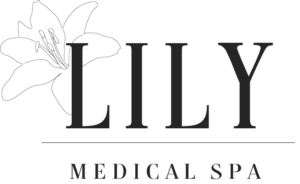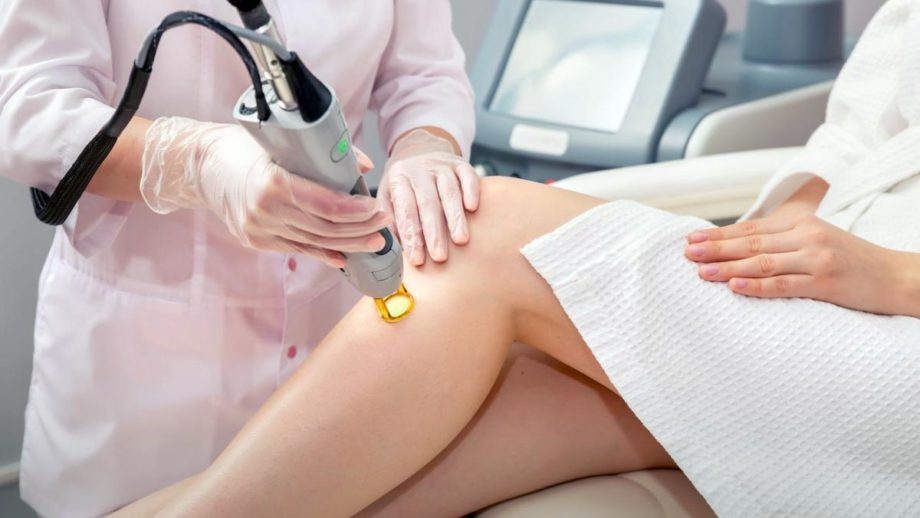Surgical enhancements, also known as cosmetic surgeries or procedures, have become increasingly popular in modern society. These interventions offer the promise of enhancing physical appearance and improving self-confidence. However, like any medical procedure, surgical enhancements come with both benefits and risks. This essay explores the advantages and potential drawbacks of surgical enhancements, shedding light on the considerations individuals should take into account before undergoing such procedures.
One of the primary benefits of surgical enhancements is the potential to improve one’s self-esteem and body image. For individuals who have long felt self-conscious about specific physical features, cosmetic surgeries can offer a means to address those concerns and boost their confidence. Many people report feeling more comfortable in their own skin and experiencing a positive impact on their social and professional lives after undergoing surgical enhancements.
In some cases, surgical enhancements can significantly improve a person’s quality of life, especially for those with physical deformities or functional issues. Procedures such as rhinoplasty (nose reshaping) or breast reduction can alleviate breathing difficulties or chronic pain, respectively, thereby enhancing overall well-being and functionality.
Surgical enhancements are capable of achieving aesthetic results that may not be attainable through non-invasive treatments or lifestyle changes alone. Procedures like breast augmentation, liposuction, and facelifts can result in a more balanced and youthful appearance, fulfilling the desires of individuals seeking to refine their looks.
While enhancements can yield positive outcomes, there are also psychological considerations and potential risks to bear in mind. Unrealistic expectations and body dysmorphic disorder (BDD) are real concerns that some individuals may face. BDD can lead to a preoccupation with perceived physical flaws, causing distress and dissatisfaction despite multiple surgical interventions. It is crucial for both patients and medical professionals to evaluate the mental and emotional well-being of individuals seeking enhancements.
Like any surgical procedure, cosmetic enhancements carry inherent risks, including infection, bleeding, adverse reactions to anesthesia, scarring, and prolonged healing times. The severity of potential complications varies depending on the type of surgery performed, the patient’s health status, and the surgeon’s expertise. Adequate pre-operative assessment and post-operative care are essential in minimizing risks and ensuring the best possible outcome.

